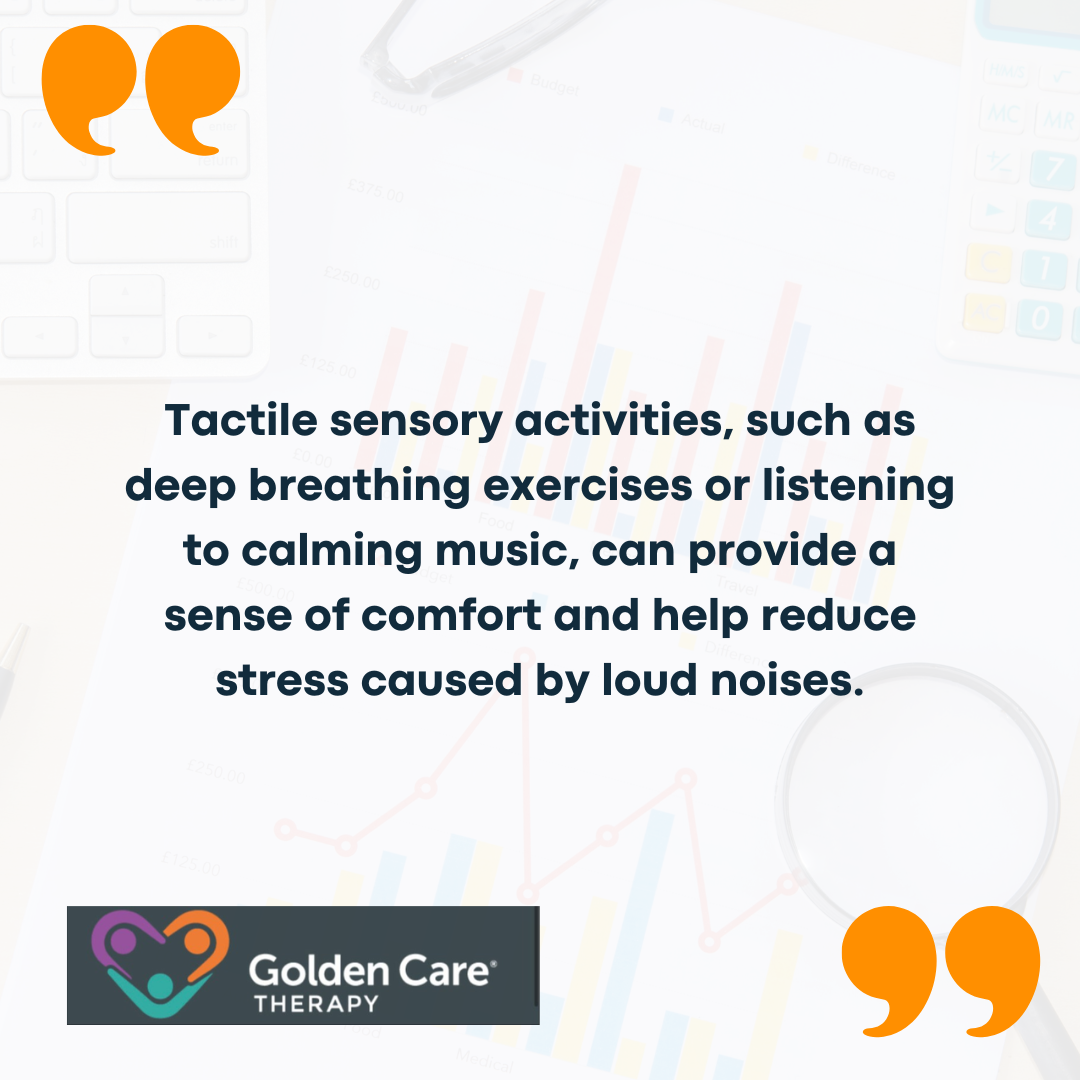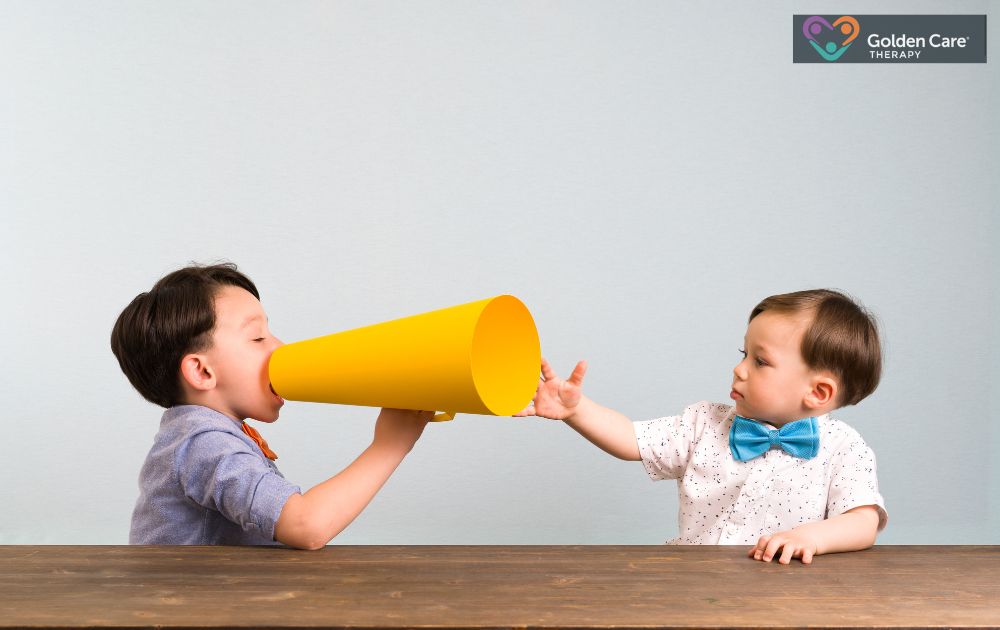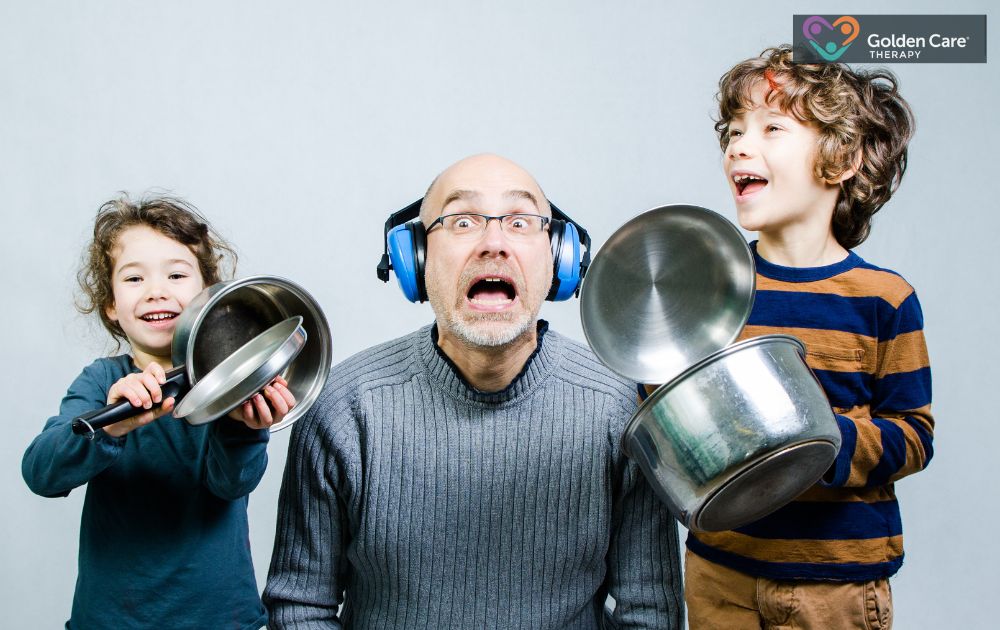Individuals with autism often experience sensory sensitivity, which can manifest in various ways. This sensitivity, known as hyperacusis, can have a significant impact on them, leading to sensory overload and various challenges in their daily lives.
Impact of Hyperacusis in Individuals with Autism
Hyperacusis refers to an increased sensitivity to sounds that others may consider background noise. For individuals with autism, this sensitivity can extend to everyday sounds such as electricity, creaking pipes, or the hum of air conditioning. What may be perceived as a slight inconvenience to others can cause irritation to them.
The impact of noise sensitivity in individuals with autism can be profound. Sensory overload can immediately occur when exposed to loud or overwhelming sounds, leading to feelings of distress, discomfort, and anxiety. This can make it challenging for individuals with autism to navigate and engage in their environment effectively.

Balancing exposure to sounds with periods of quiet is crucial for effectively managing sensitivity to loud noises in individuals with autism. By providing a controlled environment and minimizing exposure to overwhelming sounds, these people can have a more comfortable sensory experience.
Consulting a hearing care professional can also be beneficial in addressing sensory overload issues caused by noise sensitivity. They can explore potential solutions, such as low-gain hearing aids, which are specifically designed for individuals with auditory processing disorders, including those with minimal or no hearing loss.
Management Strategies
When it comes to managing sensitivity to loud noises in individuals with autism, there are several strategies that can be helpful. These strategies aim to create a more comfortable and supportive environment for individuals with autism, reducing the impact of noise sensitivity on their daily lives.
Using Headphones and Earplugs
One effective way to minimize exposure to loud noises is by using headphones and earplugs. These tools can provide a physical barrier between the individual and the noise, helping to reduce the intensity and impact of loud sounds. Headphones can be particularly useful in situations where the noise cannot be controlled.
It’s important to choose headphones or earplugs that are comfortable and well-fitted. Some individuals may prefer noise-canceling headphones that actively reduce background. By finding the right option, individuals with autism can create a more peaceful auditory experience for themselves.

Creating Calm Environments
Creating calm and soothing environments can significantly help individuals with autism manage their sensitivity to loud noises. This can involve making adjustments to the physical space, such as reducing or eliminating background noises, using soft lighting, and providing comfortable seating areas.
In addition to environmental changes, incorporating calming activities can help individuals with autism cope with noise sensitivity. Tactile sensory activities, such as deep breathing exercises or listening to calming music, can provide a sense of comfort and help reduce stress caused by loud noises.
Consultation with Hearing Care Professionals
Seeking guidance from hearing care professionals can be invaluable for individuals with autism experiencing sensitivity to loud noises. These professionals can provide specialized assessments and recommendations tailored to the specific needs of individuals with autism and their hearing sensitivity.
For some individuals, low-gain hearing aids can reduce background noise and amplify voices, improving sound processing, learning, and language abilities. While they may not be suitable for everyone, hearing care professionals can help determine if low-gain hearing aids are appropriate for individuals with autism.
Research Insights
To better understand the impact of loud noises on individuals with autism, researchers have conducted studies to explore sensory overload, autonomic reactions to noise, and auditory sensitivity. These insights shed light on the experiences and challenges faced by individuals with autism in relation to noise sensitivity.
Sensory Overload in Autism
Research shows that because autistic people are more sensitive to sounds that other people might take for background noise, they often experience sensory overload. In fact, according to the Simons Simplex Collection autism research project, between 30% and over 90% of individuals with ASD either ignore or overreact to common sounds.
Autonomic Reactions to Noise
Children with autism tend to exhibit stronger autonomic reactions to noise compared to typically developing children, even when not exposed to sounds. This means that their physiological responses to noise stimuli are heightened, which can lead to greater behavioral reactions towards sound.
Auditory Sensitivity Studies
While the majority of teenagers with autism do not, on the whole, differ from teenagers with typical development in terms of sound discrimination, there are differences among the subgroups of teens with autism. One subgroup of teens with autism has trouble judging sound intensity, and about 20% of them have outstanding pitch skills.
Practical Tips for Parents
When it comes to supporting children with autism who experience sensitivity to loud noises, there are several practical strategies that parents can implement. These strategies can help in coping with sensory meltdowns, addressing hypersensitivity to sound, and planning ahead to prevent sensory overload.
Coping Strategies for Sensory Meltdowns
Sensory meltdowns can be overwhelming for both children with autism and their parents. It is important to have coping strategies in place to help manage these challenging situations. Here are some techniques that can be helpful:
- Create a calm and quiet space: Give your child a quiet, safe space to go to when they’re feeling overwhelmed. There shouldn’t be any loud noises or other sensory stimulants in this area.
- Use deep pressure techniques: Applying gentle pressure to your child’s body, such as with a weighted blanket or a calming hug, can provide deep pressure proprioceptive input that may help regulate their sensory system.
- Practice deep breathing exercises: Teach your child simple deep breathing exercises to help them regain a sense of calm during sensory meltdowns. Encourage slow, deep breaths to promote relaxation.
- Offer distractions: Provide your child with calming activities or objects that can divert their attention away from the overwhelming noise. This can include items like stress balls, fidget toys, or engaging in preferred activities.
Addressing Hypersensitivity to Sound
Addressing hypersensitivity to sound is also essential for helping children with autism navigate daily activities that may involve loud or disturbing noises. Consider the following strategies:
- Use noise reduction headphones: Noise reduction headphones can be a valuable tool for minimizing sensory overload. These headphones reduce surrounding noise by up to 20 decibels, allowing your child to participate in conversations while protecting them from overwhelming sounds.
- Create a quiet environment: When possible, create a calm environment for your child at home. Reduce background noise by closing windows, using soundproofing techniques, or providing a designated quiet area.
- Utilize visual supports: Visual supports, such as visual schedules or social stories, can help your child understand and anticipate situations involving loud noises. This can provide them with a sense of control and reduce anxiety.

Planning Ahead for Sensory Overload
Planning ahead can make a significant difference in helping children cope with sensitivity to loud noises as well. Consider the following strategies:
- Find quieter times for activities: Research and inquire about quieter hours at stores, restaurants, or other public places. Taking advantage of these quieter periods can help minimize exposure to loud noises and reduce sensory overload.
- Communicate with hosts and organizers: When attending family events or gatherings, communicate your child’s needs to the host or organizer. Request a quiet room or a designated area where your child can retreat if the environment becomes overwhelming.
- Use noise-reduction headphones: As mentioned earlier, noise-reduction headphones can be a valuable tool for managing sensory overload. Encourage your child to use them during noisy events or activities to protect their hearing and create a more manageable sensory experience.
By implementing these practical tips, parents can provide an environment that helps their child cope with sensitivity to loud noises. Remember, every child with autism is unique, so it’s important to tailor these strategies to your child’s specific needs.
Research continues to shed light on the neurological basis of sensory issues in autism, offering hope for more targeted and effective therapies in the future. By recognizing and addressing sensory processing difficulties, we can improve the quality of life for individuals with autism and their families. If you’re seeking specialized ABA therapy in New Jersey, Indiana, Georgia, and New York, Golden Care offers comprehensive services tailored to meet the unique needs of each individual. Contact us to learn more or book a consultation today.



